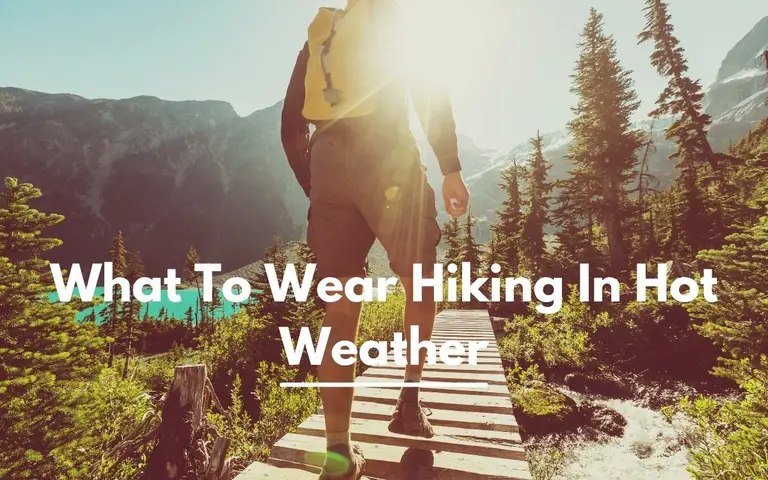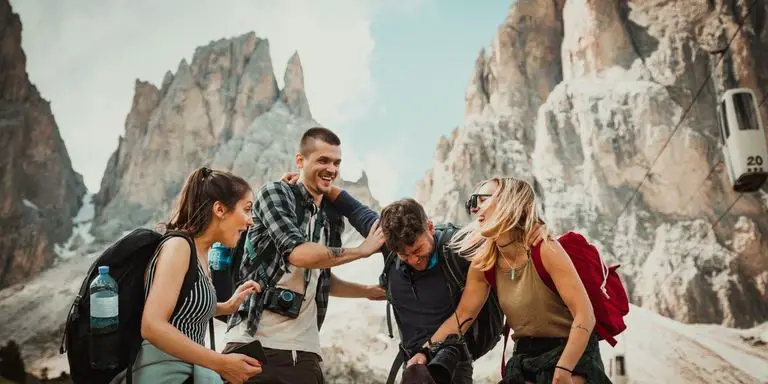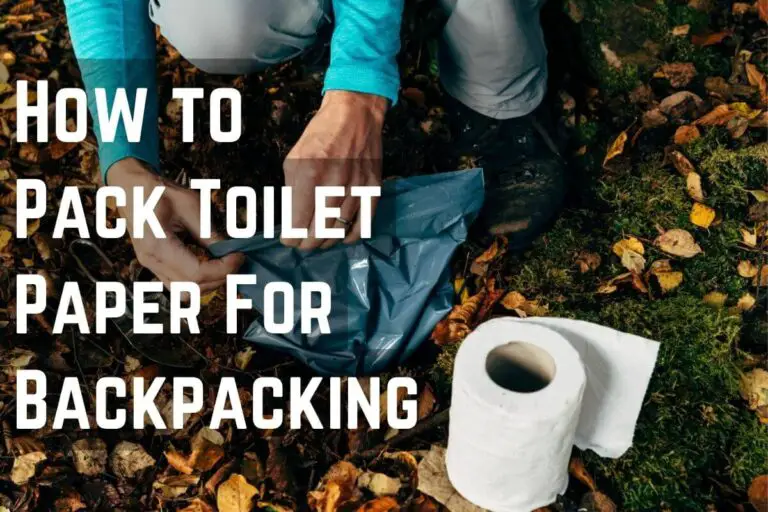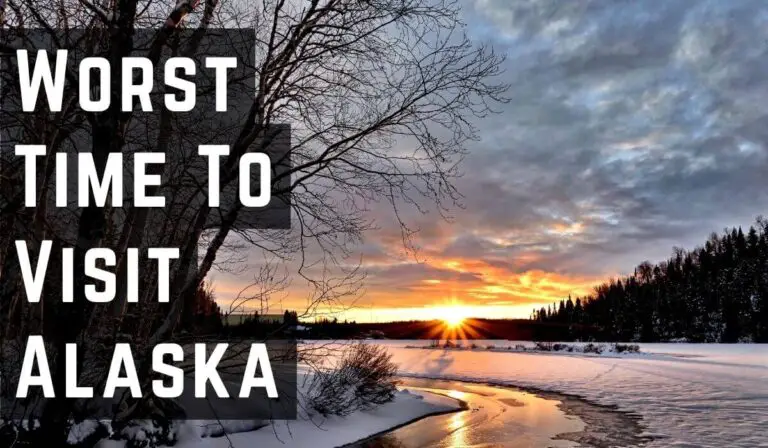What to Eat Before Hiking: A Complete Guide to Pre-Hike Meals, Snacks, and Hydration
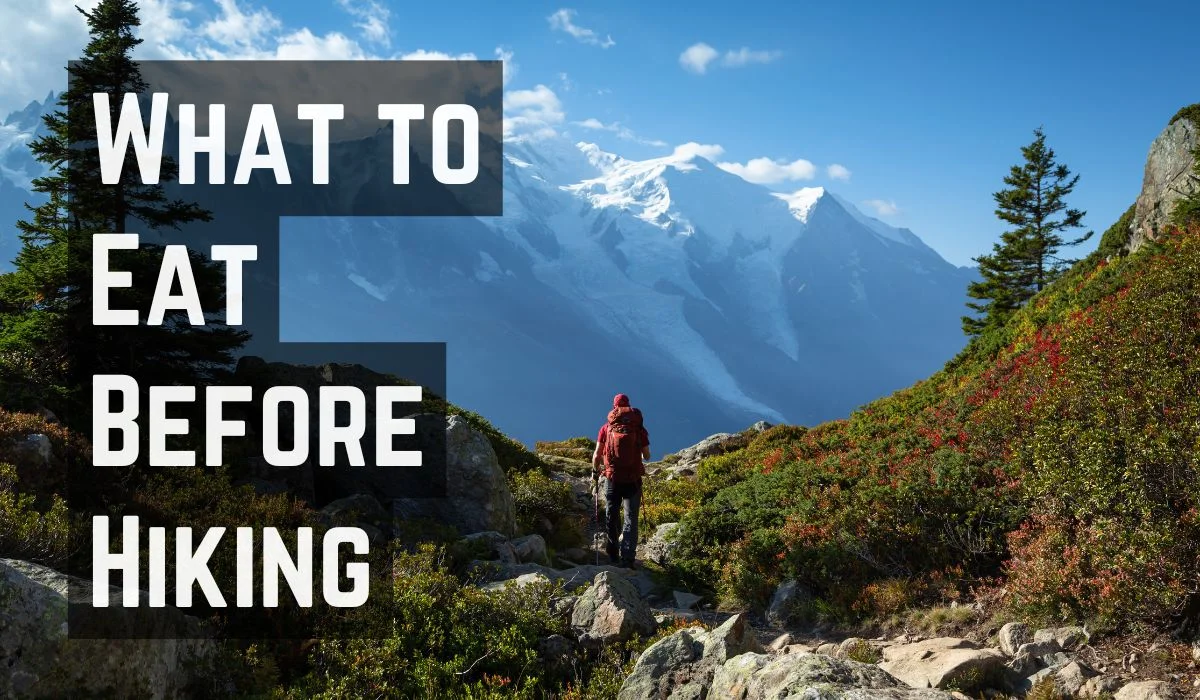
A great hike starts long before you set foot on the trail. While most hikers focus on picking the right backpack, footwear, or trekking poles, one of the most overlooked factors is nutrition. The food and drinks you consume before hiking directly influence your energy levels, stamina, and overall performance.
Eating the right meal gives your body the fuel it needs to tackle steep climbs, rocky trails, and long distances without fatigue. At the same time, drinking enough fluids ensures you stay hydrated, alert, and safe, especially in hot or high-altitude environments.
So, what’s the secret to the perfect pre-hike diet? It comes down to balancing carbohydrates, protein, healthy fats, and hydration. This guide will show you exactly what to eat before hiking, what to avoid, and sample meal plans to prepare your body for a successful adventure.
Why Pre-Hike Nutrition Matters
The body is like a vehicle—you wouldn’t embark on a long road trip with an empty gas tank. Hiking, whether it’s a short local trail or a challenging multi-day trek, demands energy and endurance. Here’s why eating before hiking is so crucial:
1. Sustained Energy Levels
Carbohydrates act as your body’s primary source of fuel. Eating carb-rich foods before hiking ensures you have a steady stream of glucose, which powers your muscles and brain. Without this, you’ll feel sluggish and may struggle to finish the hike.
2. Prevents Fatigue and Dizziness
Skipping meals or eating poorly before a hike often leads to low blood sugar. This can cause dizziness, headaches, and even nausea—none of which you want when climbing steep terrain. A balanced pre-hike meal keeps blood sugar stable and prevents energy crashes.
3. Supports Muscle Recovery
Hiking puts stress on your muscles, especially during uphill climbs and long descents. Including protein in your pre-hike diet gives your muscles the amino acids they need for repair and faster recovery once the hike is over.
Nutritional Breakdown: What Your Body Needs Before a Hike
The perfect pre-hike meal isn’t about loading up on calories—it’s about choosing the right balance of nutrients.
Carbohydrates → Your Body’s Fuel Tank
Carbs are broken down into glucose, which is stored in your muscles as glycogen. This glycogen is your body’s quick-access energy during physical activity. Choose complex carbs (slow-digesting) for long-lasting energy instead of refined sugars.
Best Options:
- Oats or oatmeal
- Bananas, apples, or berries
- Whole grain bread, wraps, or tortillas
- Sweet potatoes
Protein → Strength and Recovery
Protein helps stabilize blood sugar levels and prevents muscle breakdown during long hikes. It also supports faster recovery post-hike.
Best Options:
- Eggs (boiled, scrambled, or in a wrap)
- Greek yogurt with granola
- Cottage cheese with fruit
- Nut butters (almond, peanut, cashew)
Healthy Fats → Long-Lasting Energy
Fats take longer to digest and provide slow-burning fuel—perfect for endurance. Avoid greasy fats, though, as they can upset your stomach.
Best Options:
- Avocado on toast or in a wrap
- Nuts like almonds, walnuts, or cashews
- Seeds (chia, flax, pumpkin, sunflower)
- Nut butter packets
Hydration → The Foundation of Endurance
Even mild dehydration can lead to fatigue, poor focus, and muscle cramps. Water is vital, but on longer hikes, electrolytes (sodium, potassium, magnesium) help replace minerals lost through sweat.
Best Options:
- Water (start hydrating the night before)
- Coconut water (natural electrolytes)
- Electrolyte drinks or tablets for long treks
Best Pre-Hiking Meals & Snacks
Fueling up before a hike doesn’t mean eating a huge, heavy meal — it’s about choosing foods that give you the right balance of energy, protein, and hydration without weighing you down. The best pre-hike foods should be easy to digest, nutrient-dense, and long-lasting in their energy release. Let’s break it down by timing and situation.
Quick Breakfast Ideas (Eat 1–2 Hours Before Hiking)
If your hike starts early in the morning, you’ll want something light but filling. The goal is to give your body enough energy to power through the trail without upsetting your stomach.
- Oatmeal with Berries & Nut Butter
Oatmeal is a hiker’s favorite because it’s packed with complex carbohydrates that provide slow, steady energy. Adding fresh berries gives you a dose of antioxidants and natural sweetness, while a spoonful of nut butter adds protein and healthy fats for long-lasting fuel. - Greek Yogurt with Granola and Honey
This is a great option if you prefer something lighter but still nutrient-dense. Greek yogurt provides protein to support your muscles, granola adds crunch and carbs for energy, and honey offers a natural sugar boost without the crash of processed sugar. - Whole Grain Toast with Peanut Butter & Banana Slices
A classic pre-hike combo — the whole grain bread gives you fiber and slow-digesting carbs, the peanut butter adds protein and fats, and the banana provides potassium, which helps prevent muscle cramps. - Scrambled Eggs with Spinach and Whole Wheat Toast
If you like savory breakfasts, this one is perfect. Eggs are a great source of protein, spinach adds iron and vitamins, and whole wheat toast ensures you have enough complex carbs for endurance.
Keep breakfast portions moderate. Eating too much right before hiking can cause sluggishness, while eating too little may leave you drained after the first mile.
Light Snacks (30–60 Minutes Before Hiking)
If you’ve already eaten breakfast but want an energy boost before hitting the trail, small, quick-digesting snacks are the way to go.
- Apple Slices with Almond Butter
Apples give you a natural sugar lift while almond butter provides protein and fats to balance it out. Together, they keep your blood sugar stable and prevent an energy crash. - Homemade Trail Mix
Mix together nuts, seeds, dried fruit, and a few dark chocolate pieces for a nutrient-dense snack. This combo offers quick carbs from dried fruit and sustained energy from healthy fats in nuts and seeds. - Energy Bar (Low Sugar, High Protein)
Not all bars are created equal — avoid those loaded with sugar. Look for bars that have at least 8–12g of protein and whole-food ingredients like oats, nuts, and dried fruit. - Rice Cakes with Peanut Butter
Lightweight but surprisingly filling, rice cakes provide quick carbs while peanut butter adds lasting fuel. This is also a very portable snack if you want to eat it right before your hike starts.
Snacks closer to your hike should be smaller and lighter than breakfast. The goal is to avoid stomach discomfort while keeping your energy topped off.
If Hiking Later in the Day
Not all hikes start at sunrise. If you’re heading out in the afternoon or evening, you’ll want a balanced lunch or early dinner that keeps you fueled without making you feel heavy.
- Quinoa Bowl with Roasted Veggies & Grilled Chicken
Quinoa is rich in complex carbs and also contains protein, making it a perfect hiking fuel. Adding roasted veggies boosts vitamins and fiber, while grilled chicken provides lean protein to sustain you during longer hikes. - Brown Rice with Salmon & Avocado
This meal is a nutrient powerhouse. Brown rice delivers steady energy, salmon provides protein and omega-3s for muscle support, and avocado contributes healthy fats that keep you satisfied for hours. - Whole Wheat Wrap with Turkey, Hummus & Spinach
If you want something more portable, this wrap is easy to prepare and digest. Turkey gives you lean protein, hummus adds fiber and healthy fats, and spinach brings in essential micronutrients like iron and magnesium.
For afternoon hikes, eat your main meal about 2–3 hours before hiking and bring a light snack (like fruit or a granola bar) to eat 30–60 minutes before the trail.
Foods to Avoid Before Hiking
What you don’t eat can be just as important as what you do. Some foods make your body work harder to digest, leaving you feeling sluggish or uncomfortable on the trail. Others can cause energy crashes at the worst time.
- Greasy or Fried Foods
Burgers, fries, pizza, or fried chicken may taste satisfying, but they take a long time to digest and can leave you feeling heavy and bloated while hiking. - Too Much Sugar
Donuts, candy, or sugary drinks give you a quick spike in energy but cause a sharp crash later. This can leave you feeling drained in the middle of your hike. - Excess Caffeine
A small cup of coffee or tea is fine, but avoid loading up on multiple cups of coffee or energy drinks. Too much caffeine can dehydrate you and cause jitters, which isn’t ideal for steady hiking. - Alcohol
Even small amounts of alcohol can impair your focus, reduce coordination, and dehydrate your body — all of which make hiking more difficult and potentially unsafe.
Stick to whole, clean, nutrient-rich foods before a hike. Save the indulgent meals for your post-hike reward!
Hydration Tips for Hikers
Food fuels your body, but hydration keeps you going. Even mild dehydration can lead to fatigue, headaches, and muscle cramps on the trail. Here’s how to hydrate smartly:
- Start Hydrating the Night Before
Don’t wait until the morning of your hike to start drinking water. Sipping water throughout the day before ensures your body is already hydrated when you wake up. - Pre-Hike Hydration (1–2 Hours Before)
Aim for about 500ml (16 oz) of water an hour or two before hiking. This gives your body time to absorb it without making you feel bloated or needing too many bathroom breaks. - Sip, Don’t Guzzle
While hiking, sip water regularly instead of drinking large amounts at once. This keeps your hydration steady and prevents stomach discomfort. - Electrolytes for Longer Hikes
If your hike will last several hours or take place in hot weather, pack electrolyte tablets, coconut water, or a sports drink. These help replace sodium, potassium, and magnesium lost through sweat.
A good rule is to drink about half a liter of water every hour of hiking, adjusting based on weather and trail difficulty.
Sample Pre-Hike Meal Plan
Not sure how to put all this together? Here’s a quick guide tailored to different hiking schedules:
Early Morning Hike
- Oatmeal topped with banana slices and nut butter
- Black coffee or green tea (optional)
- Water before and during the hike
Afternoon Hike
- Quinoa salad with grilled chicken and veggies
- Apple slices with almond butter as a pre-hike snack
- Plenty of water + electrolytes if it’s hot
Multi-Day Trek
- Breakfast: Oatmeal or scrambled eggs with whole wheat toast
- Snacks: Trail mix, dried fruit, jerky, and energy bars
- Dinner: Rice or quinoa bowl with lean protein and vegetables
- Hydration: Steady water intake + electrolytes throughout the day
Always listen to your body. Everyone digests food differently, so experiment with different pre-hike meals on shorter hikes before relying on them for long treks.
Choosing what to eat before hiking can make or break your adventure. A good pre-hike meal should be balanced, energizing, and hydrating—giving your body the fuel it needs to power through trails without fatigue or dizziness.



